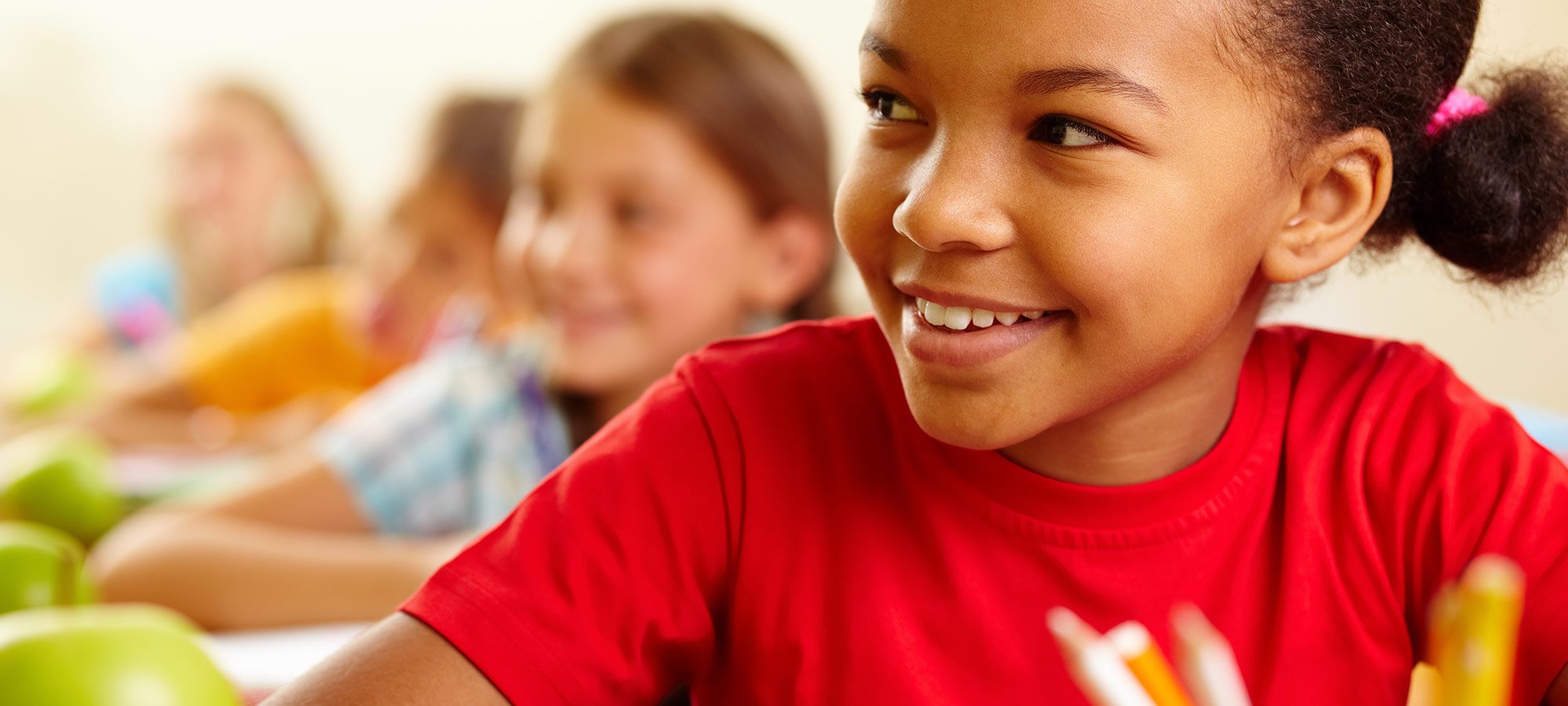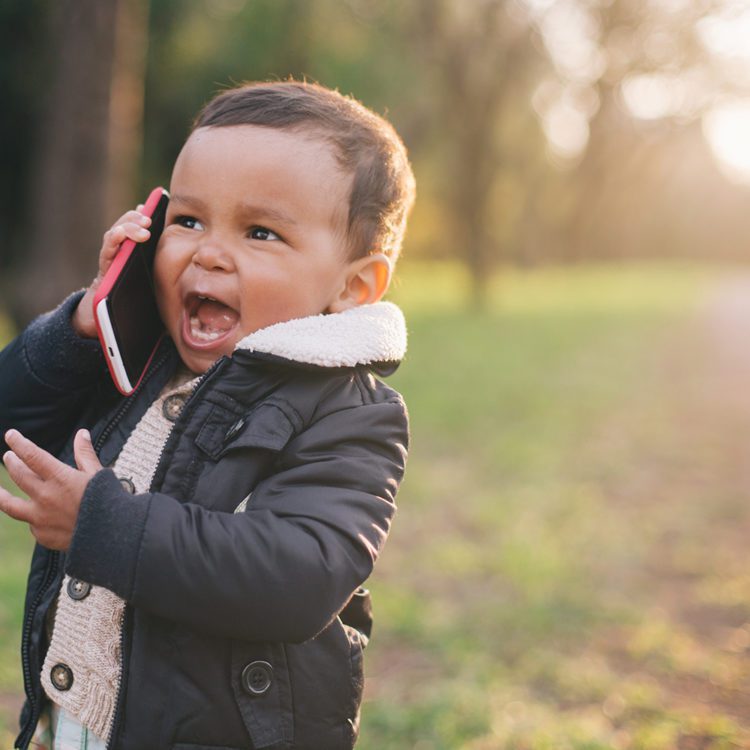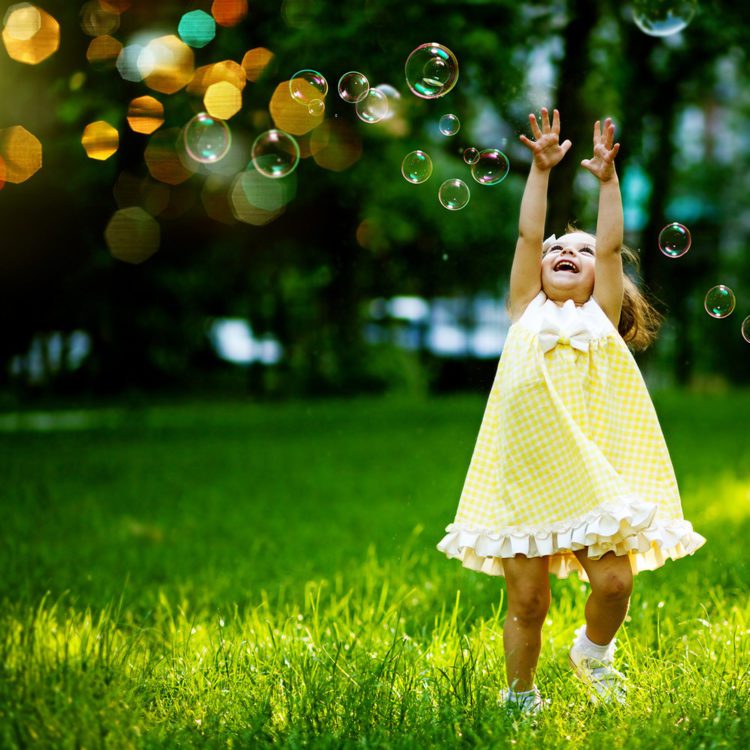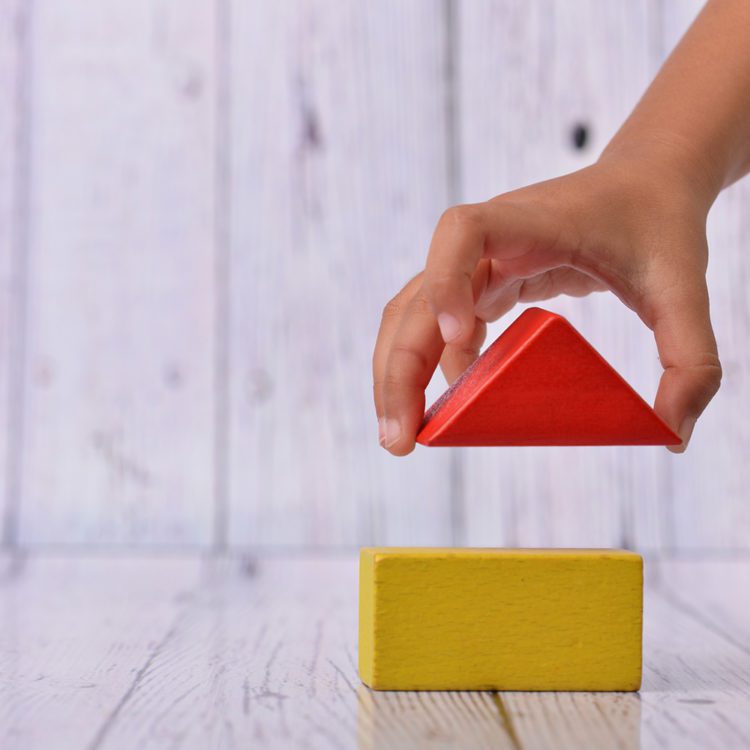Overview
Our work in early education produces research on early literacy and early spatial learning and has sparked other work in our lab on literacy, mathematics, assessment, and on the kinds of learning that can take place in informal settings like museums. Current research in our laboratory is directly investigating the role of guided or playful learning on child outcomes. Research in these areas demonstrates the exciting interplay between science and practice. For example, one recent paper suggests that play might help us create a mindset — a mise en place — for learning that helps us remain engaged and eager to learn (Weisberg, Hirsh-Pasek, Golinkoff, & McCandless, 2014). Preschools that create a positive mise are places that promote joy and playful learning. While we may need more research to identify more of the precise qualities that make for excellent preschools, the research clearly documents that preschool education is especially important for children from disadvantaged backgrounds (Hirsh-Pasek & Golinkoff, 2016; Hirsh-Pasek & Golinkoff, 2011).
Our translational work on early education is presented in the 2010 California Preschool Curriculum: Language and Literacy (Golinkoff, Hirsh-Pasek, & Schickedanz, 2010) written with Judith Schickedanz. It also surfaces in our book Becoming Brilliant: What Science Tells us About Raising Successful Children (APA Press) that features the 6 Cs (collaboration, communication, content, critical thinking, creative innovation and confidence) as a set of competencies needed for success in a 21st century global world. First introduced in A Mandate for Playful Learning in Preschool (Oxford University Press), the 6Cs offer a systematic and evidence-based way of rethinking education for our time – in and out of school, to promote learning from age 0-99, and to increase the breadth of what we want our children to know.






